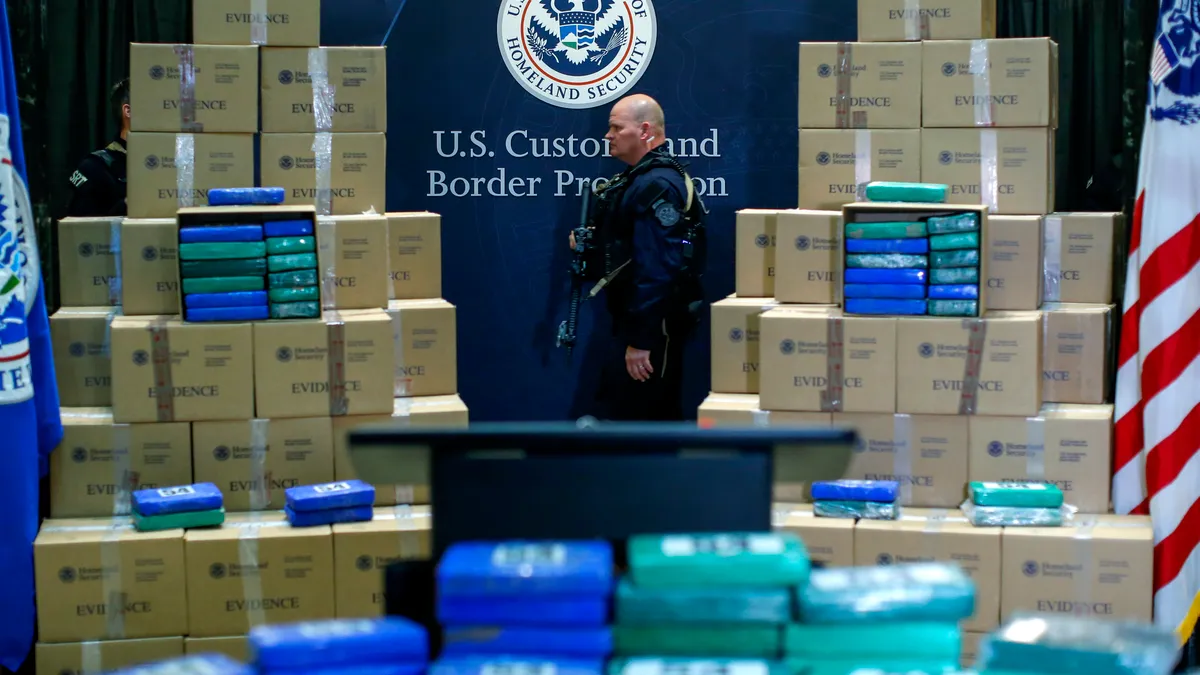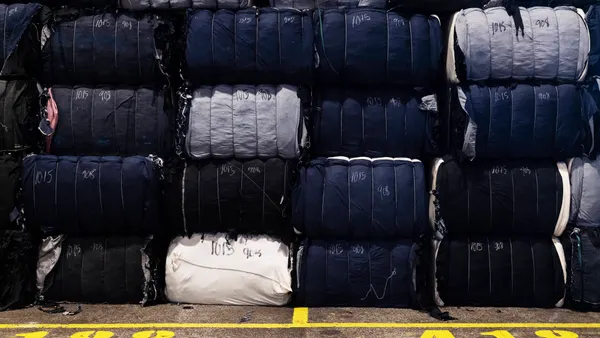The de minimis exemption will end Aug. 29 for imports into the U.S., according to a White House fact sheet released Wednesday.
The exemption currently allows imports under $800 to enter the U.S. duty and tax free, a key driver in the rise of direct-to-consumer shipping models like Shein and Temu. The change means low-cost imports will be subject to all applicable duties, including the various tariffs that have been installed by the Trump administration.
An exception is provided for imported goods sent through the international postal network. Postal packages will instead be assessed duties based on one of two methodologies:
- An ad valorem duty assessed on the value of each package equal to tariffs imposed under the International Emergency Economic Powers Act. The applied tariff is based on the product's country of origin.
- A duty ranging from $80 to $200 per item, depending on the effective IEEPA tariff rate for the product's country of origin. This methodology will be available for six months, after which applicable shipments must comply with the ad valorem duty.
"The postal channel has always been difficult, namely because of the lack of traceability and the amount of consumer to consumer volume that is shipped there," said Hugo Pakula, CEO of supply chain compliance solutions provider Tru Identity, in a LinkedIn post Wednesday.
The end of the exemption will help the U.S. prevent importers from avoiding tariffs and combat the entry of drugs and "other unsafe or below-market products" that cause harm, per the fact sheet. Ninety percent of all cargo seizures in fiscal year 2024 originated as de minimis shipments, according to the White House.
"Packages entering the United States using the duty-free de minimis exemption are typically subject to less scrutiny than traditional imports; however, the packages can pose health, safety, national and economic security risks," the fact sheet said.
The de minimis exemption will remain in place for U.S. residents bringing back up to $200 in items bought during travel, as well as "bona fide gifts" of $100 or less, per the White House.
The Trump administration said earlier this year it planned to end the exemption for trading partners once systems were in place to collect duty revenue. The U.S. already removed the exemption for imports from China — a popular origin country for de minimis shipments — and Hong Kong in May.
Prior to Wednesday's announcement, the exemption had been slated to end in 2027 as part of a sweeping policy bill signed by Trump earlier this month.












